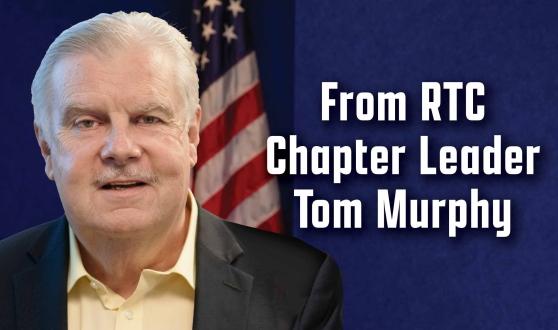
It’s unclear whether the pharmaceutical corporations like being called Big Pharma. Nicknames for monopolies, such as Ma Bell for AT&T, were comforting in an earth mother sort of a way. But in senior circles, Big Pharma is uttered with contempt.
For decades, lobbyists for the pharmaceutical industry have promoted legislation that, in the name of preserving fair competition, protected its ill-gotten profits. In 2003, at the industry’s behest, Congress enacted a law forbidding Medicare from using its high-volume bulk purchasing of prescription drugs to negotiate lower prices.
The Veterans Administration has long set a positive example for how directly negotiating drug prices with the manufacturer can lower costs. A 2020 federal government report found the VA on average paid 54% less than Medicare for 399 brand-name and generic drugs in 2017.
But Medicare’s hands were tied. Until now.
On Aug. 16, 2022, President Biden signed into law the Inflation Reduction Act, a piece of progressive legislation unseen since LBJ’s Great Society and FDR’s New Deal. For the first time, federal law provides Medicare with the ability to directly negotiate the prices of certain single-source brand-name drugs, with no generic equivalent, that have been on the market for at least seven years.
The news of this legislation arrived on many doorsteps the way old-fashioned newspapers used to be delivered in our youth. The impact may have been missed by cynics and the indifferent, but when it landed on the stoop of the pharmaceutical companies, they took notice.
NEWS FLASH: Big Pharma MUST Negotiate!
Under the Inflation Reduction Act, 10 of Big Pharma’s cash-cow drugs will be reined in starting Jan. 1, 2026. The 10 drugs are Eliquis, Jardiance, Xarelto, Januvia, Farxiga, Entresto, Enbrel, Imbruvica, Stelara and Fiasp.
But would the manufacturers of these first 10 drugs abide by the law and comply with the Oct. 1, 2023, deadline to sign agreements to participate in the negotiation program? Well, they came kicking and screaming, but, er, yes they did — after a conservative judge denied the U.S. Chamber of Commerce’s request for an injunction to block the Inflation Reduction Act.
How much leverage will Medicare have in this bargaining? I am hopeful. Consider that you and I and others over age 65 spent $3.4 billion out of pocket on prescription drugs in 2022 alone.
From the law’s passage in August 2022 to the implementation of the lower prices for these 10 drugs in January 2026, more than three years will have passed. But a phase-in process is typical of big legislation. Remember, the prohibition against Medicare negotiating drug prices was on the books for 19 years. A long fight can be worth the effort.
This is a beginning.
When the first government regulation of railroads was enacted in the 1880s, a friend of one of the robber barons advised: Let’s accept this minor restriction quietly because it will put the public to sleep and we’ll keep our divine right of business power.
It didn’t work then, and it won’t work now if we are vigilant.
Every time you see a glossy TV ad for a new drug, the cash register of big business is going cha-ching. The lowering of 10 drug prices may seem like chump change to Big Pharma, but more is coming.